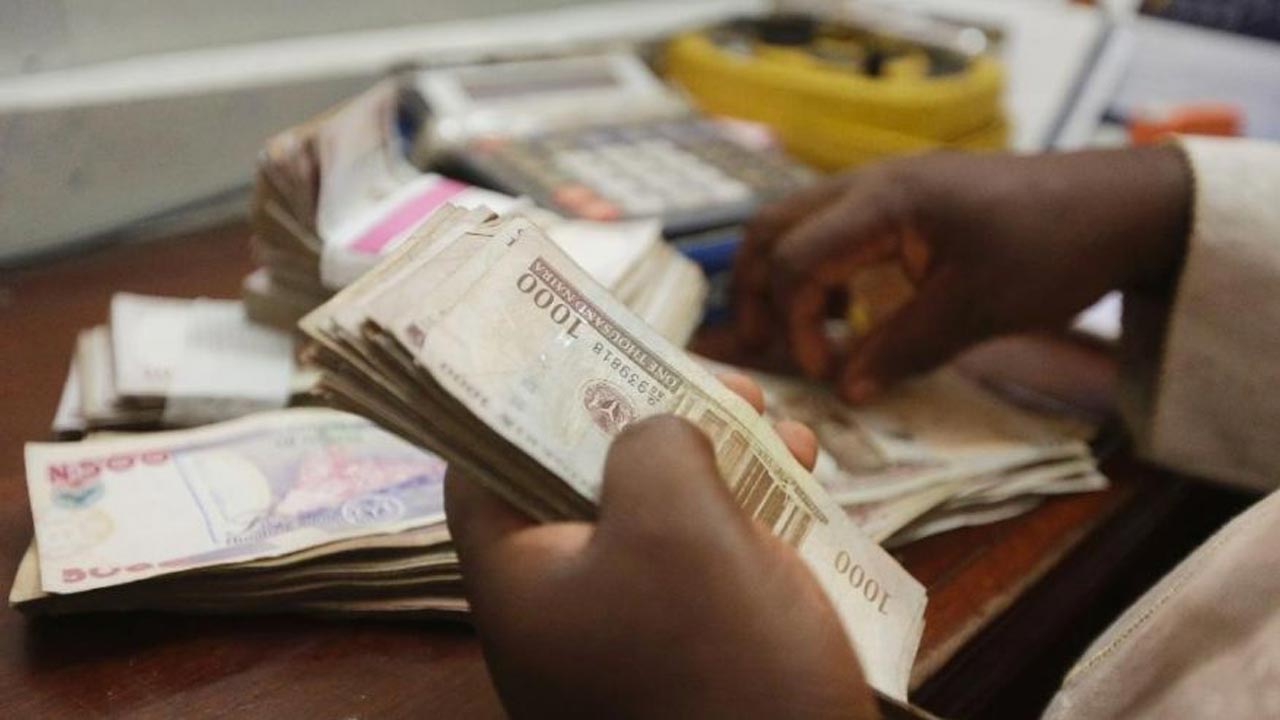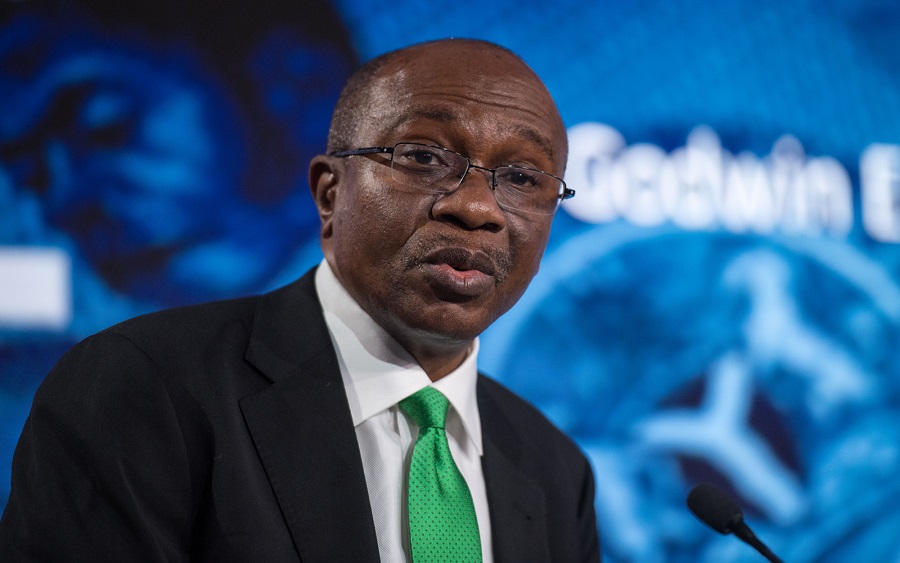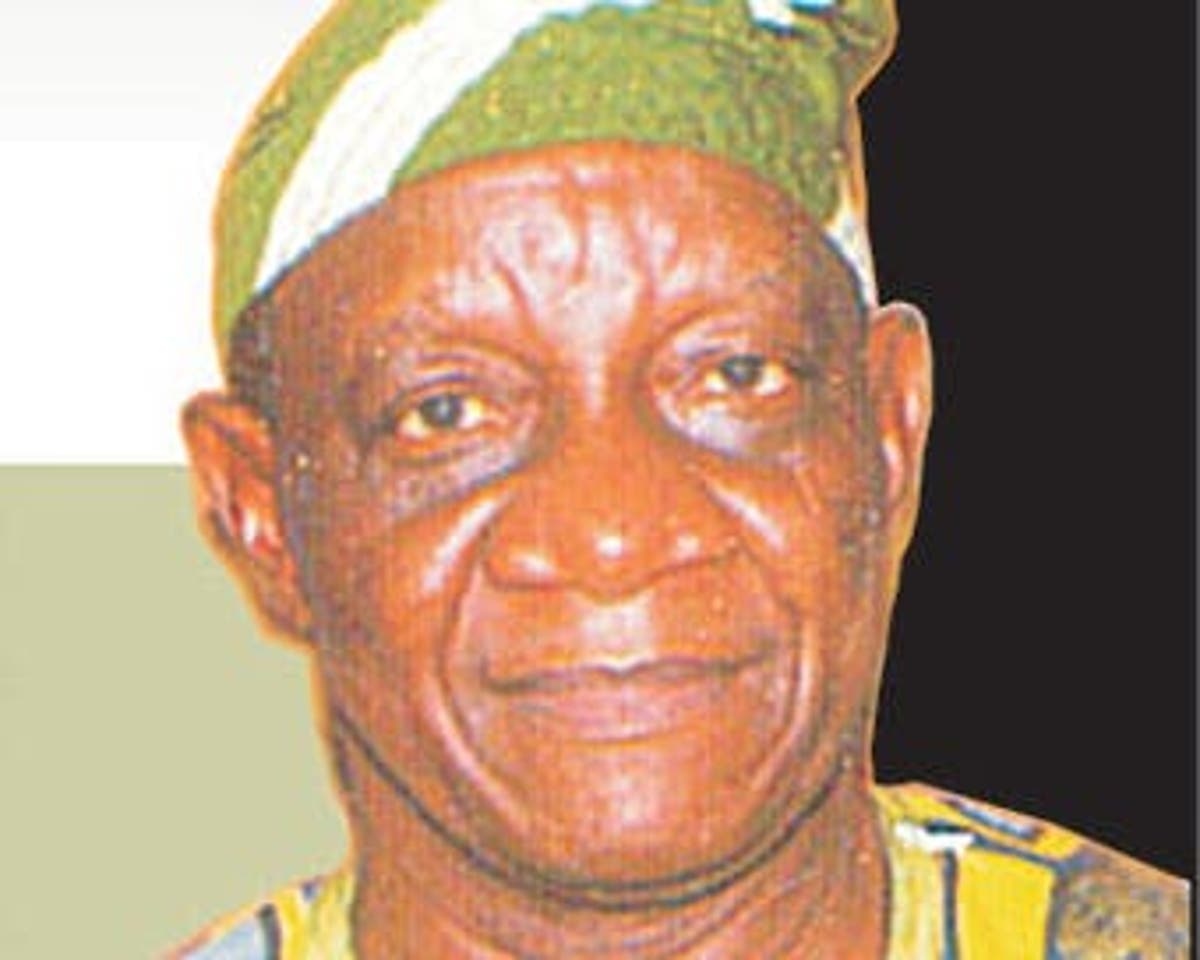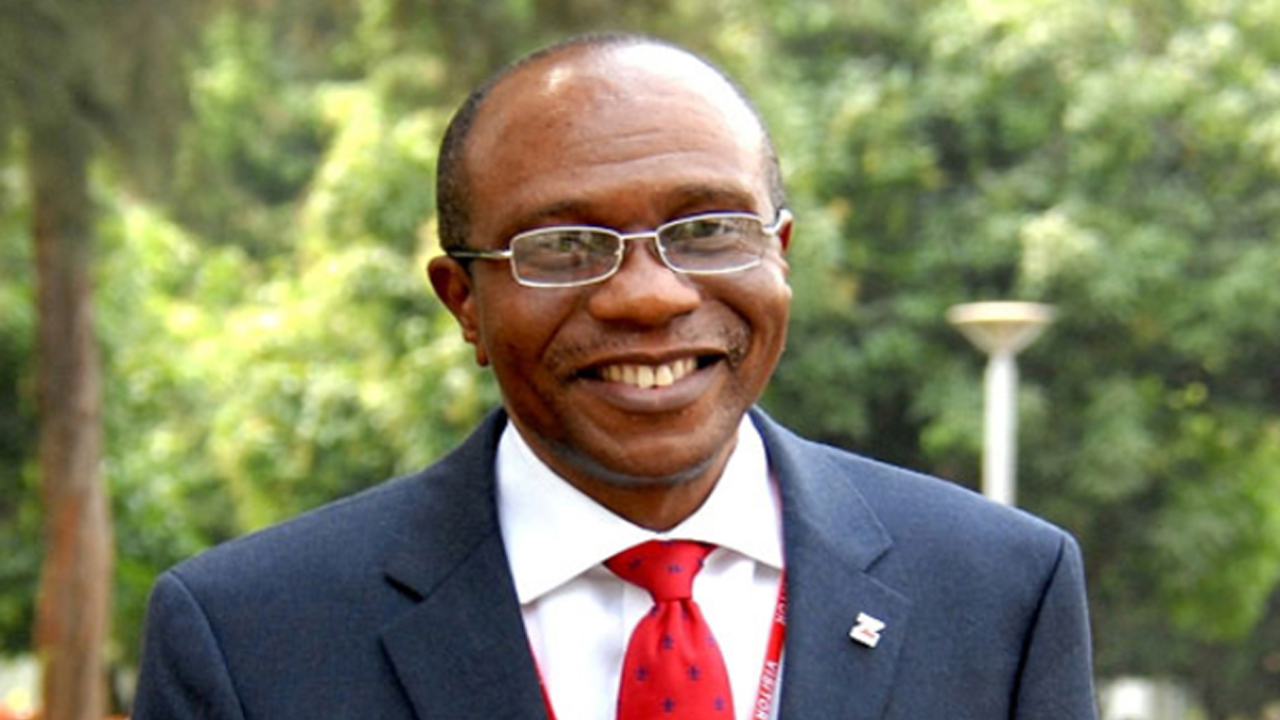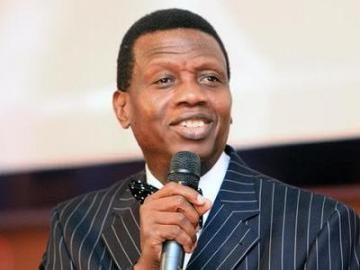By Dele Sobowale
“It was beautiful and simple; as all truly great swindles are.”O’ Henry, 1862-1910, American writer.
Nigeria’s bank failures and Stock Market crashes since the 1980s have always occurred when most people least expect; or against the run of play. In actual fact, like the rotten fruit from within which the worms emerge, the financial worms were always within the system eating away until they burst out. Right now most investors on the Nigerian Stock Exchange, NSE, are being set up for a grand swindle.
Shockingly, the prime mover of the next Market Crash had been involved in virtually all the others which occurred before. Let me briefly review Nigeria’s history of bank failures and market crashes and the role of Mr X in all of them. Mr X each and every time had been smiling all the way to the bank while leaving hundreds of thousands of investors in ruins. He is on the move again. How do I know? Here is how.
“Disquiet as 7 companies account for 77% market size at NSE.” News Report.
The report went on to say that “150 companies squeezed into 22.9% market share.” To start with, no other capital market in the whole world has allowed itself to be “squeezed” into such a dangerous corner where one company stumbling can bring down the entire market. There must be something wrong with us in this country for us to openly court disaster which is only waiting to happen. And, this one is pending disaster with a capital D. Before explaining why catastrophe is inevitable, permit me to present Mr X’s CV. It must be required reading for all those dealing in the capital market as long as he lives.
“If a man fools you once; shame on him. If twice; shame on you.” Old advice.
FAILED BANKS OF ABACHA ERA 1997-8.
Mr X had the largest share in one of the merchant banks which went under during the Failed Banks episode in 1997/98. At the time compromised bank analysts were fund of publishing Special Reports titled NIGERIA’S 20 SOUNDEST BANKS – or words to that effect. Mr X’s bank invariably was always featured among them; on account of hefty brown envelopes handed to the analysts. Then, in late 1997, I published an article warning of impending bank failures. Mr X’s bank was among those mentioned as being troubled.
Four things happened. One, I was viciously attacked by the analysts. Two, the Managing Director of the bank called me and begged me not to “spoil our business”. Three, Mr X sold ALL of his shares to a dupe; based on the falsified reports about its soundness. Four, the bank collapsed shortly after Mr X decamped. The new owners discovered that the bank was not worth twenty per cent of what they paid for it.
TRANSCORP POISON
Mr X was among the few Nigerians assembled by former President Obasanjo to form Transcorp Plc. Apart from being billionaires, they had one thing in common. They were either open or silent supporters of Obasanjo’s third term ambition. The most vocal among them, a brewery Chief Executive Officer, wasted his career on third term. With OBJ’s encouragement and active support, they bought billions of shares at 50 kobo per share. Later, again with Obasanjo’s unethical backing, Transcorp, which was not qualified to be listed on the NSE, was admitted and its shares were offered at 7.50 per share to millions of Nigerians – after the biggest promotion blitz in history.
The shares were over-subscribed. So, it was time for Mr X and Co to get out. They sold their shares to gullible Nigerians; made even more billions. By December 2010, Transcorp shares were selling for less than 60 kobo per share. Mr X smiled to the banks; some of those who fell for the swindle committed suicide. As far as he was concerned, it was just another day in the office.
MANIPULATED OIL COMPANY SHARE PRICE
I know most of our readers have forgotten this. But, that is why you read my columns. It is my duty to help you remember things such as these; so you don’t fall into another trap.
Two very close friends, both multi-billionaires, were engaged in a public dispute after the market crashed as predicted in 2008. One accused the other of manipulating the share prices of his quoted oil company. The Security and Exchange Commission, SEC, waded into it. Law suits were threatened and originated. Suddenly, there was silence. Mr X was one of the parties to the conflict. But, the matter was quickly forgotten when the SEC swept the dispute under the rug, despite the fact that millions of ordinary Nigerians lost trillions of Naira on account of this criminal intervention in the capital market.
I can provide two more examples of how Mr X had manipulated share prices on the exchange; build the prices up; then step aside leaving those who bought his shares licking their wounds. But, there is no need. The point has been made.
BEWARE; MR X IS ON THE MOVE AGAIN.
“If a man fools you once; shame on him. If twice; shame on you.” Old advice.
My Fellow Nigerians never cease to amaze me. We are the only people I know who will fall for the same scam twice, thrice and even four times. I met a fellow recently who had been duped three times by those floating Ponzi schemes. He sought my advice because he was considering a fourth one!!! Yet, in some respects, many of those operating on the Stock Market, including professional stockbrokers, are only slightly better than the serial investor in Ponzi schemes.
We are now in a situation in which one company is worth more than 140 others quoted on the same exchange. Actually, right now, trading everyday on the Manipulated Nigerian Stock Exchange has come down to a daily routine of watching what would happen to five companies’ shares. This is the worst case of the Pareto Principle ever known in history. We now have the vital five constituting less than five per cent of the members and the trivial 95 per cent. The market could collapse for a number of reasons associated with that unusual position. Two examples will be sufficient for now.
Any change in ownership of the top four resulting in taking the company out of the exchange will automatically crash market capitalisation by the percentage it represents. Thus, if Dangote Cement is sold and the new owners choose to go private, market capitalisation will drop by at least 18.5 per cent in one day. I said “at least 18.5 per cent” because of the domino effect of losing 18.5 per cent in one day. Suddenly, most other securities will come under pressure; and the decline will be more within a few days. The possible collateral damage is unknown now.
The question is: who can bet anything that Dangote, Airtel or MTN would never change hands and create the scenario above? I know of one that is a prime candidate for such a move any time from now. But, this is not the forum for that.
Add to that my concern that we now have five securities whose prices can be manipulated at will. Invariably, manipulators, especially Mr X, have a target figure in mind. Once that target is reached and they have created the impression of a commodity ostensibly on unending upward escalator, they offload billions of shares at that price; after raising the capital they need for a new venture.
A closer look at the list of five should reveal that two sectors of the economy are involved – cement and telecommunications. Mr X is involved in one of them.
His name? Call me. This is not the forum for that.
